
How we see March Academy
A small, dedicated school, March Academy is of particular interest to families of students who have had trouble assimilating or accessing a conventionally delivered curriculum within a conventional teaching environment. Teachers are adept at helping students find a place within the social network of the school, feeling involved and valued, as well as supporting a range of learning differences. The program begins with empowering students, helping them become aware of their talents, and encouraging them to employ them within a group learning setting. Parents report a high level of satisfaction, and a common regret perhaps is not turning to the school sooner. Frequent, open commination between faculty and families is also prized.
Compare with:
How March Academy sees itself
"March Academy is a dynamic learning environment that celebrates individual difference and teaches students to use their strengths to be effective learners. Small class sizes and experienced teachers create an environment that provides support and challenges students to achieve their true potential. Music, arts, nature, and daily physical activities are integral to educating the whole child. Through high expectations, recognizing learning styles and emphasizing the positive, we give each student a chance to shine."
"March Academy is a dynamic learning environment that celebrates individual difference and gives students the confidence to advocate for themselves and use their strengths to be effective learners. Our environment provides support and challenges students to achieve their true potential. Music, arts, nature, and daily physical activities are integral to educating the whole child. High expectations, recognizing learning styles and emphasizing the positive, give students a chance to shine."
"Families choose March Academy for our small setting, highly experienced educators, and enriched programming. Graduates report that March Academy helped them to better understand their strengths and needs as learners which gave them the confidence to be effective advocates for their learning in high school. Students appreciate and are prepared to embrace life-long learning."
"The program at March Academy has been carefully curated to enrich the whole child by including weekly opportunities for subjects such as Yoga, TaeKwonDo and Music which support the more academic areas such as Math and Language. Despite the attention and support for individual student needs, our emphasis on working in and as part of a group of learners is critical to student development. All experiences complement each other for the benefit of overall learning."
"Families are often surprised by how much their child enjoys coming to school every day and what their child is capable of learning and doing. Parents are often delighted to report, "We have finally gotten our child back". Children rise and often surpass the expectations set out for them. Families come to realize and appreciate that teachers at March Academy have clear, specific, just-right expectations which reflect in the self-confidence they see in their children."


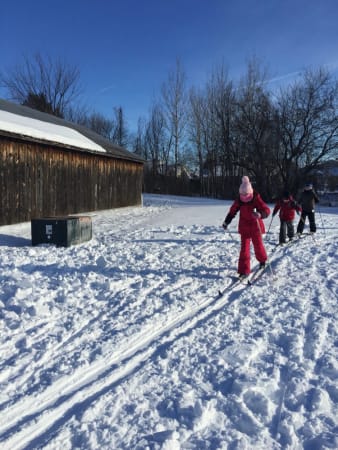
Daily outdoor education
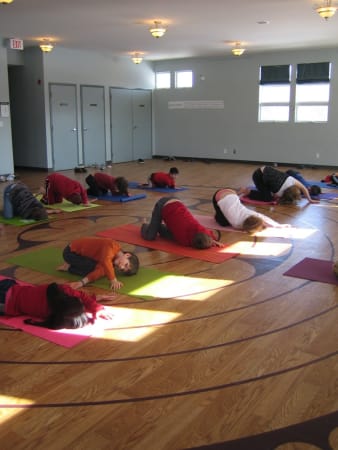


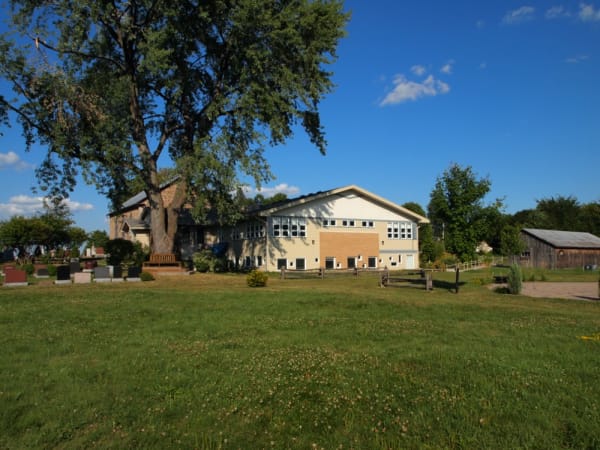
Large outdoor space
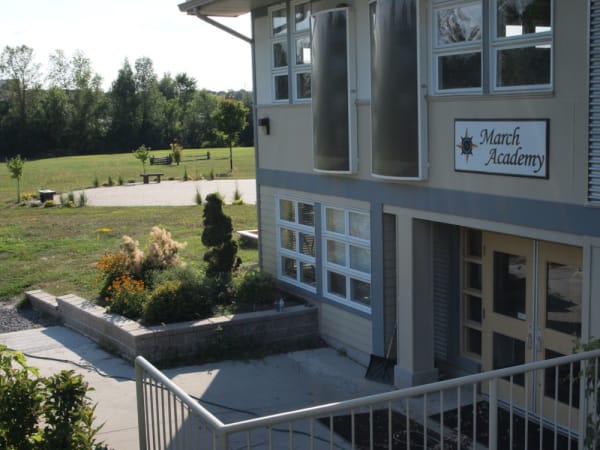
Natural Setting
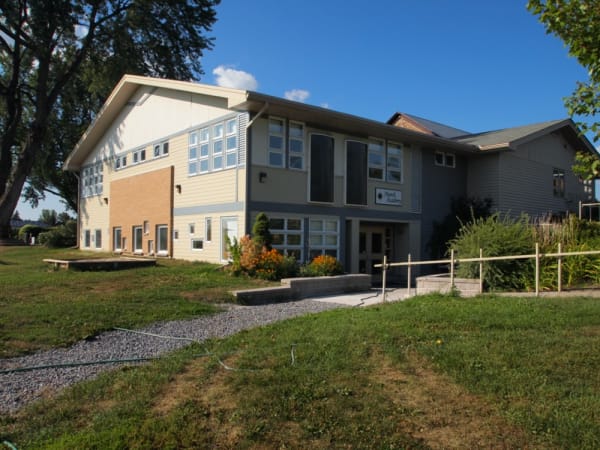
Natural setting




Classroom

Classroom
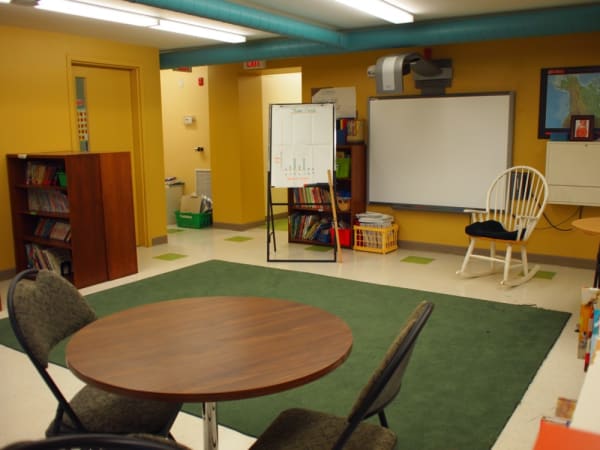
Meeting Place and Library



How people from the school’s community see March Academy
Top-down influence on the school’s direction and tone
Michael Kennedy, Principal
M.A., B.Ed., H.B.Sc., OCT with Special Education Specialist, Principal and Supervisory Officer Qualifications
An underlying tenet at March Academy is that education should provide children with a compass to guide them and support their ability to find their way, rather than a single road map that everyone must follow.
For 20 years, March Academy has worked to empower elementary aged students by helping them to understand how to find their way in a group learning environment. It challenges them and helps them grow, primarily by teaching them how to learn, while at the same time, helping them to respect and work with their peers.
March Academy celebrates individual difference, recognizes strengths and teaches students to use their strengths to be effective learners. Through high, reasonable expectations, by incorporating individual learning styles, by emphasizing the positive, and by teaching co-operation, we give each student a chance to shine and express their true potential.
Our students are excited, engaged, positive students. They develop qualities that allow them to become confident life long learners. We are extremely proud of our graduates, their growth and successes. We look forward to making you and yours part of our March Academy family.
THE OUR KIDS REPORT: March Academy
Next steps to continue your research:
Continue researching March Academy with OurKids.net, or visit school website.